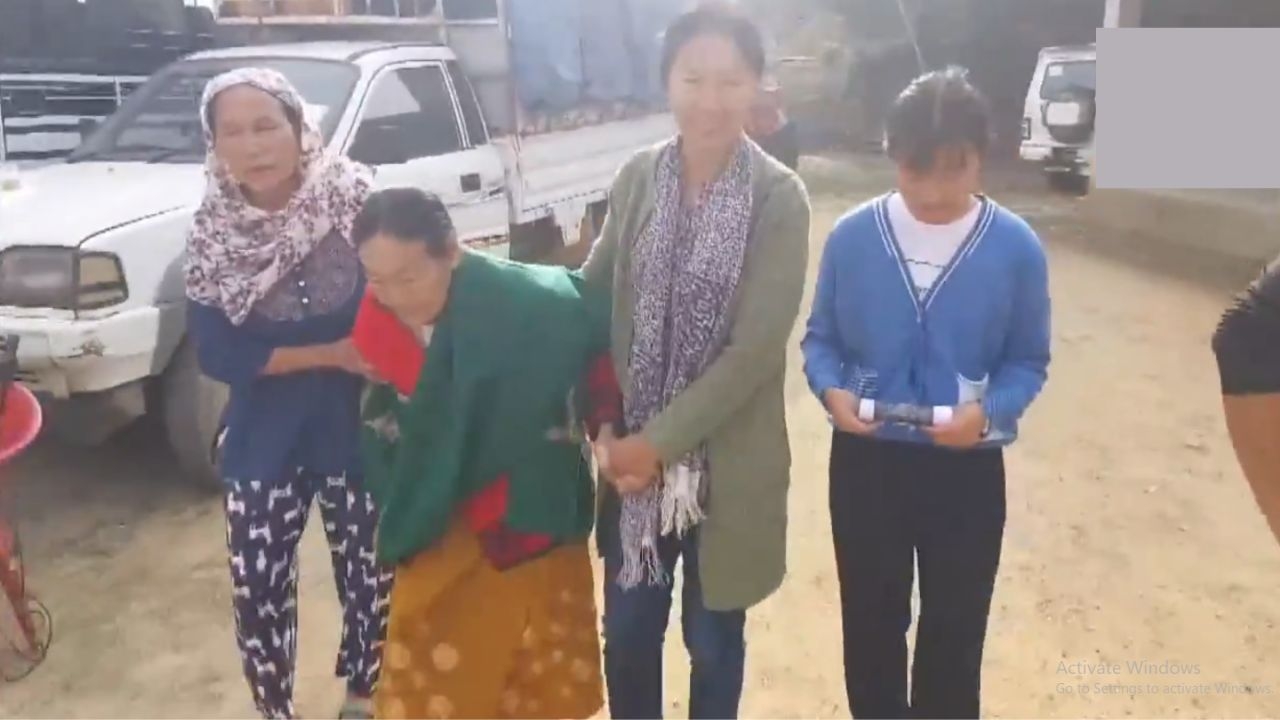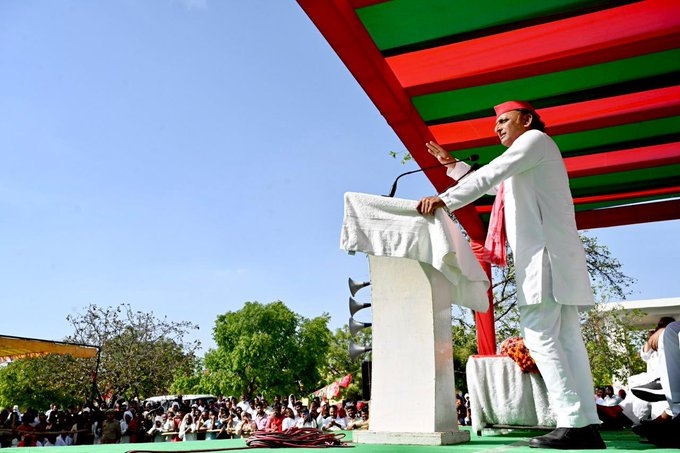Amarinder knocks on Modi's door: will farm loan waiver end Punjab agrarian crisis?
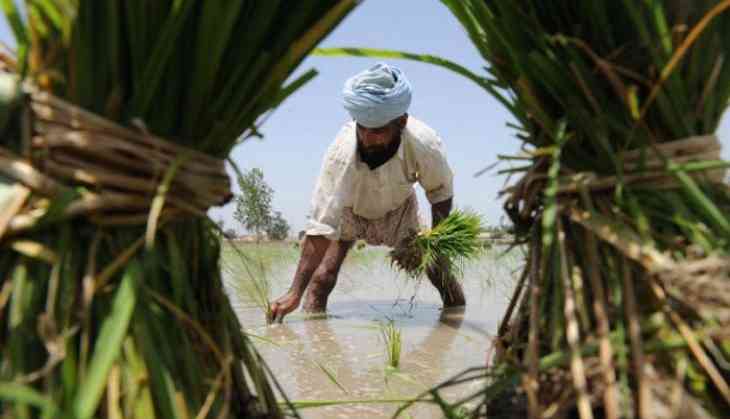
During the campaign for the recently held state Assembly polls, particularly in the agrarian states of Punjab and Uttar Pradesh, farm loan waiver was one issue that was brought up over and over again.
It constituted the poll plank of the Punjab Chief Minister Captain Amarinder Singh. In Uttar Pradesh, on behalf of the Bharatiya Janata Party, Prime Minister Narendra Modi himself offered the sop to farmers.
Now that the elections are done and dusted, it is time for the Prime Minister to walk the talk.
The Captain’s stand
Amarinder has already knocked at Modi's door, calling for a special Central government package to provide a one-time loan waiver to the beleaguered, debt-ridden farmers of his state.
In a letter addressed to Modi, Amarinder has said that the total farm debt in Punjab amounts to more than Rs 80,000 crore, including the crop loans in the cooperative sector – which add up to about Rs 12,500 crore.
The average debt per farm household in Punjab works out to be Rs 8 lakh (including crop loan), while the state’s per hectare debt of small and marginal farmers is the highest in India.
He reportedly first raised the issue during a 'courtesy call' and said that though he has sought financial assistance from the Centre, his government is committed to waive off the farmers’ loans in the state, and has already initiated a time-bound process for the same.
Expressing concern over the recent spate of farmer suicides in Punjab, Amarinder said that he has requested Modi to announce a special package to pull out the farmers of Punjab out of the debt-trap.
The Chief Minister said that the mounting farm debts are making agriculture in Punjab increasingly unsustainable, endangering not only the food security of the nation but also the social fabric of this sensitive border state. He cited the pioneering role of Punjab in production of food-grains and thereby in national food security.
A worsening crisis
Amarinder, in his letter, lamented that the problem has become so severe that many farmers are resorting to suicide to escape the social and moral consequences of not being able to repay their debts.
With institutional sources of credit unable to provide the much-needed respite, especially to the marginal and small farmers, there is a need to review the Central government’s agricultural policies to mitigate the emerging agrarian crisis in the state.
Amarinder has conveyed that Punjab also produced a record 160.50 lakh metric tonnes (LMT) of wheat during the 2016-17, of which 108.24 LMT was procured for the Central pool.
Despite the prevailing drought-like situation, the state also produced a record 186.76 LMT of paddy during the kharif season for 2016 of which 143.33 LMT was procured for the Central pool. Punjab also achieved an all-time record productivity of 756 kg lint per hectare of cotton during 2016-17.
The Chief Minister pointed out that despite their contribution, farmers are suffering from the woes of increasing costs, shrinking resource base and declining incomes, leading to accumulation of debt burden, especially the small farmers. He added that while these factors have forced the farmers into a vicious debt trap, the rising agricultural subsidies and deteriorating natural resources are further aggravating the state’s agricultural woes.
Key questions
Meanwhile there are reports saying that the Modi-led Central government has asked NITI Aayog to make an overall assessment of the funds required and come out with a detailed implementation plan. Observers say that if the government decides to go ahead with the farm waiver, it will choose a politically correct timing which in this case would be somewhere that helps it reap electoral benefits for the 2019 Lok Sabha polls.
They point to the loan waiver of around Rs 70,000 crores announced by the UPA in 2009 ahead of the 2009 Lok Sabha polls when it was voted back to power.
But the key question here is whether farm debt waiver is the only solution to the agrarian crisis. If this was the case, the agrarian crisis should not have recurred after the 2008 waiver.
A crossroads
But the reality is that the agriculture sector stands at the crossroads again in less than a decade.
Dr Ranjit Singh Ghuman of Centre for Research in Rural and Industrial Development (CRRID) in Chandigarh underlines, “The loan waiver is a necessity for one time. Thereafter it should be followed by mid and long term measures that help increase farmers' income and provide employment to the rural youth. The loan waiver should be seen as the first step in distress management and not as a permanent solution.”
While Punjab farmers benefited from the loan waiver of 2008, the state did not get any benefit from the package that the UPA government had announced on farmer suicides. This was on account of the state government failing to put up its case while being in a denial mode on farmer suicides.
Dr Ghuman advocates development of non-farm sectors, especially food processing and industry, to create jobs. He says that this development is of strategic importance because presently almost the entire agricultural produce is sold in raw form. He also favours a substantial shift of land to horticulture and crops other than wheat and paddy.
He further points out that all this requires employable and innovative manpower, for which strengthening of rural education and health delivery is of utmost importance. This would require higher allocation to education along with focus on quality, skill development and manpower planning.
Stopping indebtedness
Another expert on agricultural economics, Prof Gian Singh of Punjabi University in Patiala, also says that the debt waiver should be seen as a short-term measure.
“The goal is to stop indebtedness for which many measures must be taken. The first should be providing Minimum Support Price (MSP) or remunerative prices on all farm produce. The second is the all-important measure of land reforms that should translate into the actual tiller getting land rights. He may be a small or marginal farmer or an artisan. The third measure should be to ensure that all the research and development going on in public sector institutes on seeds and other technological interventions should end up being beneficial to the farmer an not corporate entities,” he told Catch.
He further pointed that there is a need to set up producers' co-operatives so that the benefits of value addition to the agricultural produce and the employment generated is favourable for the farmers. Prof Gian further elaborated, “In case of natural calamities, the government should ensure that the farmers get complete compensation well in time. It should also be ensured that the technology used in the farm sector should be labour intensive like it is in Japan.”
An individual phenomenon
Meanwhile, Dr Sardara Singh Johl, an agricultural economist who is the chancellor of Central University of Punjab, had recently pointed in an article that debt is always an individual phenomenon.
“When it is considered as a sector phenomenon, well-to-do individuals gain the most. Even those who are in a position to repay debt get exempted, which hits hard the state exchequer, and is blatant injustice to the honest taxpayers. More importantly, it spoils the credit culture of the state. This results in non-performing assets (NPAs) of the institutional lenders, which ultimately is addressed through recapitalisation of these institutions through budgetary provisions, again at the cost of tax payers,” he wrote.
According to him, the answer lies in dealing with the debt problem case by case, on individual basis.
He pointed that the new government may draw lessons from the actions taken by Sir Chhotu Ram of the Unionist Ministry in the pre-partition days and it may set up a three-member 'debt settlement and reconciliation boards' in every district with a retired judge as chairman, one senior government officer and one nominated public representative.
“Both the representative of the lending institution and the borrower can be called, and settlement made. Depending upon the level of distress, the loans may be re-written, one-time settlement made or even waiver given. This way, the debtor will have a 'remedy of last resort' and the benefit will flow to the distress-ridden deserving farmers only,” he underlines.
First published: 23 March 2017, 20:26 IST


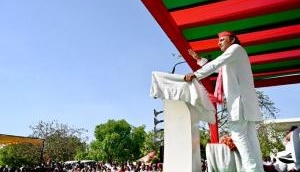
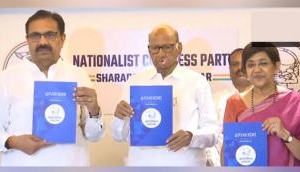
_251372_300x172.jpg)
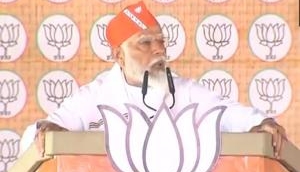
![BJP's Kapil Mishra recreates Shankar Mahadevan’s ‘Breathless’ song to highlight Delhi pollution [WATCH] BJP's Kapil Mishra recreates Shankar Mahadevan’s ‘Breathless’ song to highlight Delhi pollution [WATCH]](http://images.catchnews.com/upload/2022/11/03/kapil-mishra_240884_300x172.png)

![Anupam Kher shares pictures of his toned body on 67th birthday [MUST SEE] Anupam Kher shares pictures of his toned body on 67th birthday [MUST SEE]](http://images.catchnews.com/upload/2022/03/07/Anupam_kher_231145_300x172.jpg)




